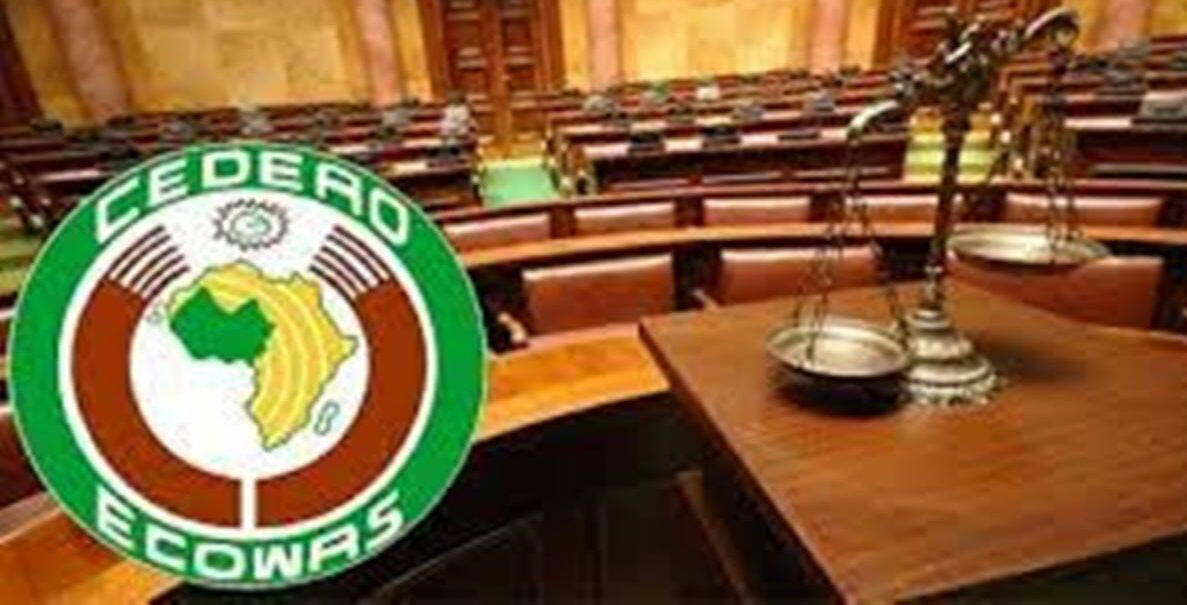In a significant legal development, Manchester City has won a crucial ruling against the Premier League regarding the legality of certain sponsorship regulations. Judges have determined that specific aspects of the Associated Party Transactions (APT) rules, designed to prevent clubs from engaging in inflated sponsorship deals with related entities, are unlawful.
Introduced in the wake of the Saudi takeover of Newcastle United, the APT regulations aimed to curb the influence of wealthy owners using affiliated companies to inflate their clubs' revenues, thereby circumventing financial fair play rules. However, the Premier League's application of these rules has now come under fire.
The ruling arose after the Premier League rejected two key sponsorship agreements that City had secured—one with Etihad Airways and another with an Abu Dhabi-based bank—due to concerns that they did not meet the league's Fair Market Value (FMV) standard.
A panel of three retired judges found that the league's rejection of these deals violated the Competition Act, signaling a potential shift in how financial governance is approached within the Premier League. This decision could pave the way for clubs with wealthy owners to negotiate more lucrative sponsorship agreements and potentially alter player transfer dynamics.
City, owned by a firm associated with Abu Dhabi's ruling family, is currently facing 115 charges of financial misconduct in a separate legal case. Earlier this year, the club contested the APT regulations in court, arguing that the rules were unfairly restrictive.
In their statement following the ruling, City thanked the tribunal for their thorough consideration and welcomed the findings.
Conversely, the Premier League issued a lengthy statement acknowledging the panel's conclusions while maintaining support for the APT framework. They indicated that certain elements of the rules would need to be revised to comply with competition laws.
City’s legal team, led by prominent barrister Lord Pannick, argued that the restrictions on sponsorship payments were detrimental and often did not reflect market realities, as many were interest-free or did not require repayment. This ruling may shift the landscape for how sponsorship deals are structured, raising concerns for the Premier League's financial regulations.
The ramifications of this decision could extend beyond Manchester City, potentially affecting other clubs in the league. Should City successfully negotiate higher sponsorship deals, it may further intensify the financial arms race within English football.
The panel's findings, detailed in a comprehensive 175-page report, noted that the Premier League's handling of the APT regulations was procedurally flawed, particularly regarding the rejection of City's deals. The tribunal concluded that the league did not provide City with adequate opportunities to respond to the evidence it used to justify its decisions.
Notably, major clubs including Arsenal, Manchester United, and Liverpool provided testimony in support of the Premier League, which may signal underlying tensions among teams regarding the financial regulations.
While the Premier League's case against City regarding the 115 alleged breaches of financial rules continues, this latest ruling adds another layer of complexity to the ongoing saga. City could pursue costs and damages, while rival clubs may also seek compensation if they believe they have been adversely affected by the APT rules.








